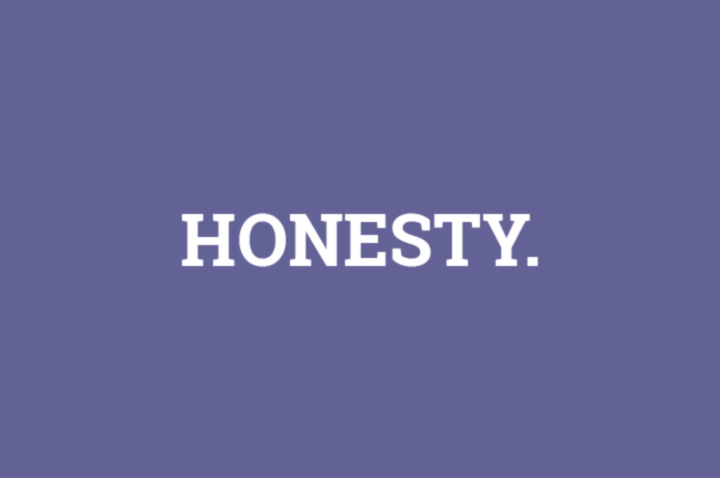Do you know what type of leader you are? Are you self-aware and understand how you impact others? Are you task or people focused? Is there a difference?
What type of leader are you: task or people focused?
We live in a world that values us moving on and forging ahead. Just do what has to be done and, by the way, be happy doing it! Don’t bring me a problem. Bring me a solution.
Are you a leader that values the task over the person? Do you push people to find a solution?
There are consequences if we are overly task focused because we ignore the emotions of our people and that’s where real motivation and performance exist. It is where the passion resides in organisations. Emotions drive behaviour which drive the work and performance – it’s that simple!
So why is this a problem really?
If we continue to be task focused, the question becomes: are we dehumanising our workplaces? Do we feel like we have to leave our emotional self at home? That’s sad because this has the potential to stifle creativity, innovation and limit the building of trust.
No trust means there is little safety. Not feeling safe in an organisation is potentially a moment where your star employees fall silent. Not a good sign.
Your organisation is then in danger of becoming passive-aggressive. A place where staff just do enough work to enable them not getting the sack and to continue to get paid.
What type of culture do you create if you are mainly task focused?
You may find that people feel unable to express their doubts and fears about the challenges confronting them. They may believe that by expressing their emotions they will be perceived as not coping or not “toeing the line” or being soft. Or that somehow they are potentially not on board. So then:
· If we have to suppress our emotions it may undermine our resilience
· Our grief or sadness remains buried within us which may overwhelm us
· We judge ourselves as being unable to deal with stressful events
· And then, we push aside the signals inside our body about how we are feeling and push forward trying to get through the day at all costs – in fact at our own cost!
So how can we change?
Constantly trying to find solutions may actually be unhealthy. If we want to live with the reality that the only certainty in life is uncertainty, then why don’t we support one another? Here are some suggestions:
· Let your staff know that we don’t have to solve everything today!
· Show you care and provide them with the support they need
· Validate where they are at – acknowledge its ok to feel overwhelmed – we all have those days!
· Assure them we can work on the issues together later.
· Take the pressure down a notch or two!
If we don’t start doing this we will have staff who feel overwhelmed. We need authentic leaders who hear the stress and fear in others and support and coach on the days that become too much and too intense for us.
Our emotions are our data to help us make a considered response and or to reflect. Pushing our emotions to one side is not healthy!
And please check out this article from Harvard Business Review on The Neuroscience of Trust by Paul J. Zak: https://hbr.org
Because, if you can increase trust you can expect:
1. 74% less stress compared with people at low-trust organisations
2. 106% more energy at work
3. 50% higher productivity
4. 13% fewer sick days
5. 76% more engagement
6. 29% more satisfaction with their lives
7. 40% less burnout
Wow! And call me so we can partner together to achieve this for your organisation. I would love to help you.




